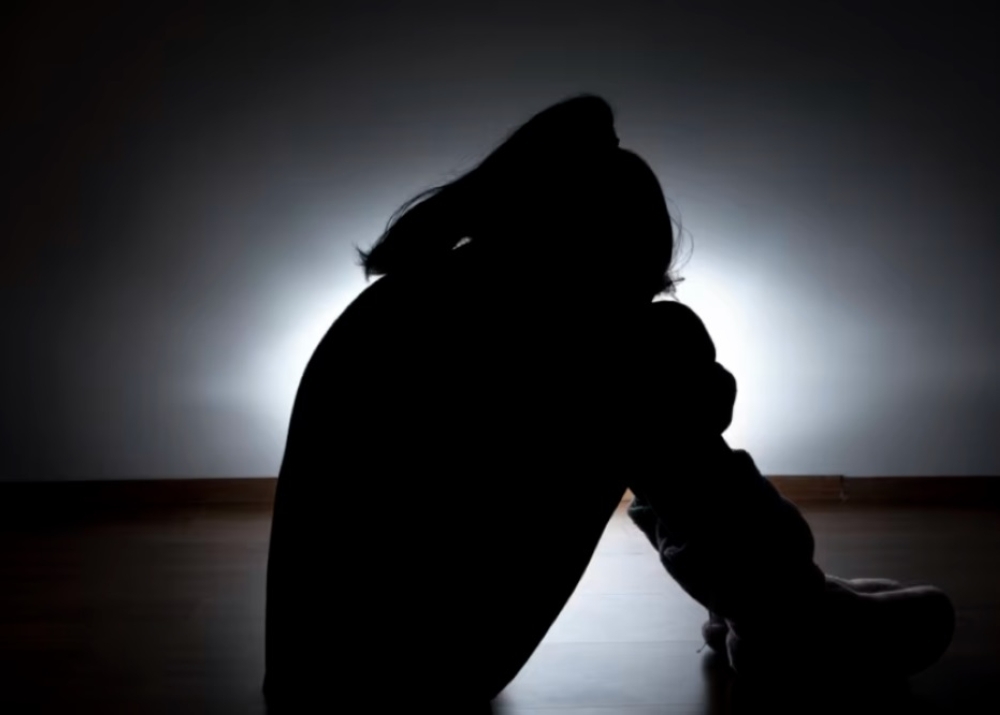
From crime to care: Why Malaysia decriminalised suicide after nearly a century

Decriminalisation aims to encourage those with self-harm tendencies to seek medical help. — iStock pic
Saturday, 20 Sep 2025 7:00 AM MYT
KUALA LUMPUR, Sept 20 — Amendments to decriminalise suicide attempts officially came into force on September 10, nearly two years after both Houses of Parliament voted to remove provisions that allowed jail or fines for those who tried to take their own lives
The enforcement date coincided with World Suicide Prevention Day. The government’s move to decriminalise suicide also came amid concern over the alarming rate of suicide cases.
Suicide cases have been on the rise, according to the Department of Statistics Malaysia data. From 2019 to 2023, there were 4,440 deaths by suicide, with the biggest jump recorded between 2020 and 2021 when it nearly doubled from 621 to 1,142 cases, at the peak of the Covid-19 pandemic.
Why did Putrajaya decriminalise suicide?
Malaysia’s criminalisation of suicide can be traced back to the British colonial period, when it introduced the Penal Code in 1936, which was reportedly inspired by the Indian Penal Code. This means attempted suicide has been a crime for close to a century.
The ethical debate around Section 309 of the Code, the section that makes attempted suicide illegal, gained steam only in the last decade or so after mental health advocacy groups such as the Malaysian Psychiatric Association had tried for years to highlight the harmful effects of criminalising suicide.
Lawmakers finally agreed with the view that criminalising attempted suicide is a barrier to help-seeking behaviour by stigmatising those who need care instead, and in 2021 then law minister, Datuk Seri Wan Junaidi Tuanku Jaafar, indicated that the federal government plans to decriminalise it.
What would change from before?
To understand how significant this development is, we look at the case of a Malaysian law student who attempted to take his own life as recently as 2023.
After failing his exams for the third time, the 24-year-old student tried to set himself on fire. When a few bystanders tried to save him by dousing water, the student ran towards the middle of the road, wanting to get run over.
He survived both attempts, but when he was hospitalised for two weeks under intensive care, the police opened an investigation under Section 309 for attempted suicide, drawing strong public criticism.
Conviction would have landed the student in jail or fine. But today, because of changes to suicide laws, the same student would have been given the necessary care by mental health professionals instead.
The amendments also entailed the setting up of a “Crisis Intervention Officers” (PIK), comprising police officers, social welfare officers, Fire and Rescue Department officers, Malaysian Maritime Enforcement Agency (MMEA) officers, and Malaysia Civil Defence Force (APM) officers.
These officers will receive the necessary training, the Ministry of Health said. The MOH is also in the final stages of gazetting 145 hospitals as government psychiatric hospitals that can accept referrals from crisis intervention officers, including for rural areas.
Who will be affected by this?
Decriminalisation aims to encourage those with self-harm tendencies to seek medical help. A ten-year sociodemographic study on suicides by researchers from several universities showed the median age of suicide cases was 38 years old, ranging from 9 to 86 years old.
Adults accounted for the highest prevalence by age group, totalling 258 cases (48.3 per cent) between 2012 to 2021. Middle-aged adults closely followed, accounting for one-third of the cases (31.3 per cent). Between genders, the males exhibited a higher prevalence compared to females, representing almost three-quarters of the total cases (73.8 per cent).
The study also broke down the rate of suicide by ethnicity. Chinese represented more than half (57.5 per cent of the population) of total suicide cases, followed by Indians at 15 per cent. Malays, by default Muslims, making suicide a sin, accounted for 6.4 per cent of total suicides.
Other ethnicities, including Punjabi, Bidayuh, Serani, and Orang Asli, collectively accounted for less than 1.5 per cent of all cases.
How have other countries fared with the decriminalisation of suicide?
Singapore saw a decrease in the number of deaths by suicide just nine months after decrminalisation, falling from 304 from January to September 2019 to 166 during the same period in 2020, according to a World Health Organisation policy brief. The Singapore police instead provided “support” to 1,800 people dealing with suicidal ideation or suicide attempts.
India decriminalised suicide in 2017 through the passing of the Mental Healthcare Act. Unlike Singapore, there were no significant change in the overall national suicide mortality rate after decriminalisation, a study found. Less developed states saw an increase in suicide mortality by 1.9 times compared to previous years, however, which the authors attributed to lack of necessary infrastructure and support.
How will the government deter suicide now?
As India’s case showed, legal change, while a crucial first step, may not be enough to reduce suicide rates without a corresponding investment in mental health services, facilities, and professionals.
A Cambridge study on the effects of India’s suicide decriminalisation policy showed that while legislative decriminalisation is important, the absence of accompanying investments in service delivery, mental health workforce development, and public engagement to reduce stigma makes reducing suicide tougher.
“(The study’s findings) highlight the need for a systems-level approach: legal and rights-based protections must be paired with community-based mental health interventions. Without these, the intended health benefits of progressive mental health legislation may not be realised – and, in some contexts, could exacerbate existing inequities,” it said.
No comments:
Post a Comment